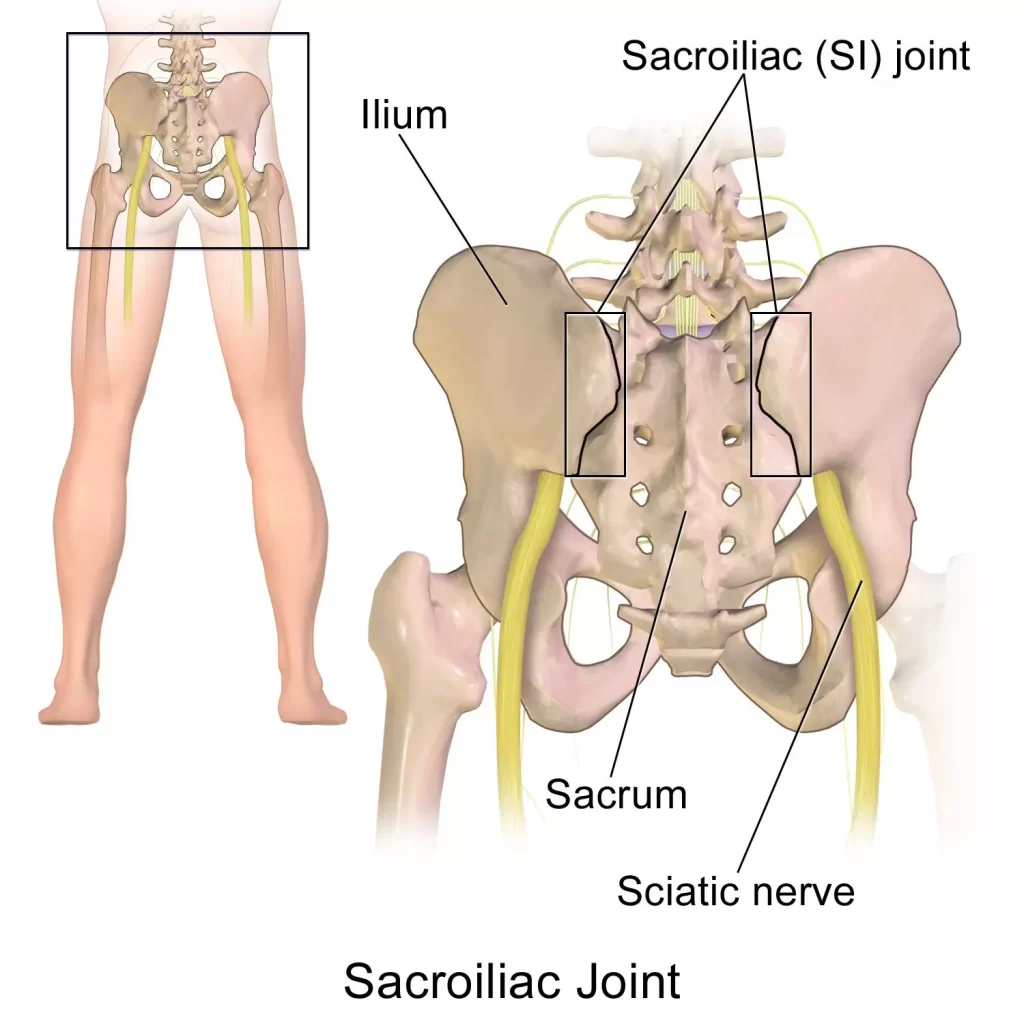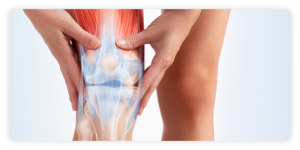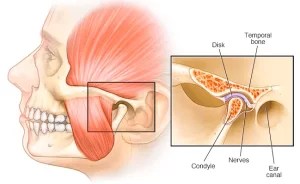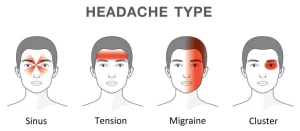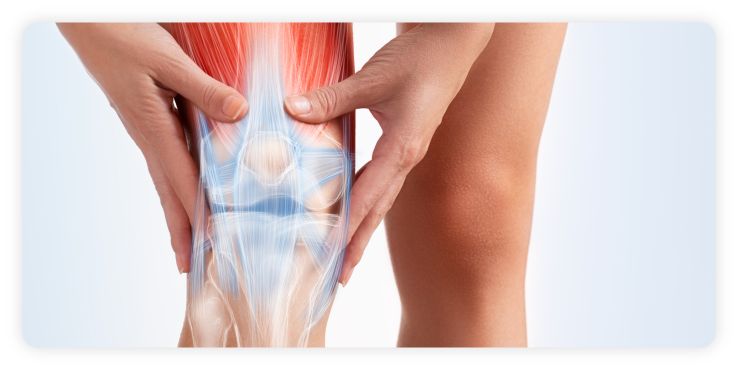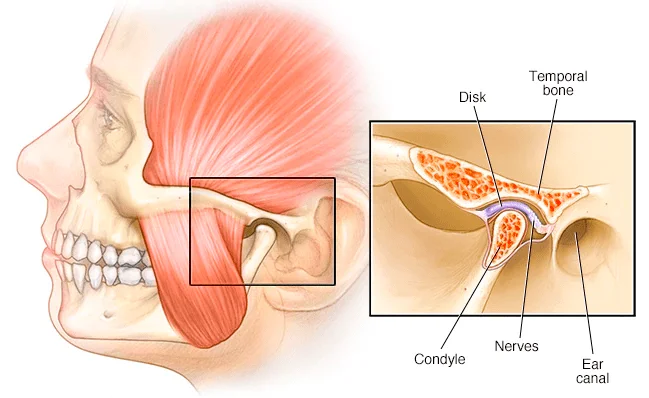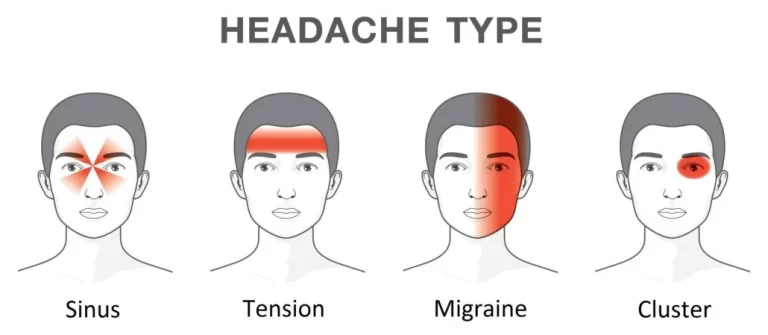Pinched Nerve (Back)
A pinched nerve in the lower back or Lumbar Radiculopathy can be painful and debilitating. This condition occurs when something puts pressure on the nerves near the last five vertebrae (L1 – L5) in the back. In some cases, care from a qualified chiropractor in Singapore may help relieve nerve compression by addressing spinal alignment and mobility issues.
Causes of Pinched Nerve (Back)
This condition may appear out of nowhere or it could be the cause of a traumatic injury. A common cause of a pinched nerve in the lower back is a herniated disc. Due to aging, this condition results in a defect in the vertebrae or wear and tear. The cushioning between your spine lessens as you age and can leak, leading to nerve pain. Bone spurs and other degenerative conditions can occur as you age as well, leading to a pinched nerve.
Some other causes of a pinched nerve in the lower back include herniated disc, bulging disc, trauma, injury, Spinal Stenosis, mechanical stretching, bone spur formation (Osteophytes), Spondylolisthesis, Foraminal Stenosis, degeneration, and Rheumatoid Arthritis.
Sciatica, which includes pain, tingling, numbness, and weakness that occurs in the lower back, hips, buttocks, legs, ankles, and feet, is one of the symptoms experienced with a pinched nerve in the lower back. Sharp pain, weakness, muscle spasms, and reflex loss are other symptoms as well. Symptoms are likely to be experienced between ages 30 and 50. This is because the vertebrae compress with age and the discs in the vertebrae degenerate over time.
Pinched Nerve (Back) Treatment
People with lower back pain resulting from a pinched nerve or herniated disk are encouraged to keep moving, consider anti-inflammatories and seek physical therapy for appropriate manual therapy, stretching, and strengthening exercises. Physical therapy will be focused on flexibility and core stabilisation. The flexibility of the hamstrings, hip flexors, and piriformis is important to decrease the stress on the spine. Care must be taken when stretching with a pinched nerve so that there is not an incidental sciatic nerve stretch which may increase pain. Core stabilisation activities are equally as important to aid in reducing shearing forces on the spine and relieving a pinched nerve in the lower back. If in doubt, please seek professional advice.
Chiropractic Support for Nerve-Related Back Pain
A pinched nerve in the lower back may lead to symptoms such as pain, numbness, or reduced mobility. Seeking professional care can help identify contributing factors. Learn more about our chiropractic clinic in Singapore and how chiropractic care may support spinal function and ease nerve compression.
Check out our popular articles: Diastasis Recti, Tight Back Muscles, Irritable Bowel Syndrome (IBS), Temporomandibular Joint (TMJ) Dysfunction, Tennis Elbow, Wrist Tendon Injury, Sciatica, Whiplash, Hernia, Herniated Disc (Slipped Disc).
